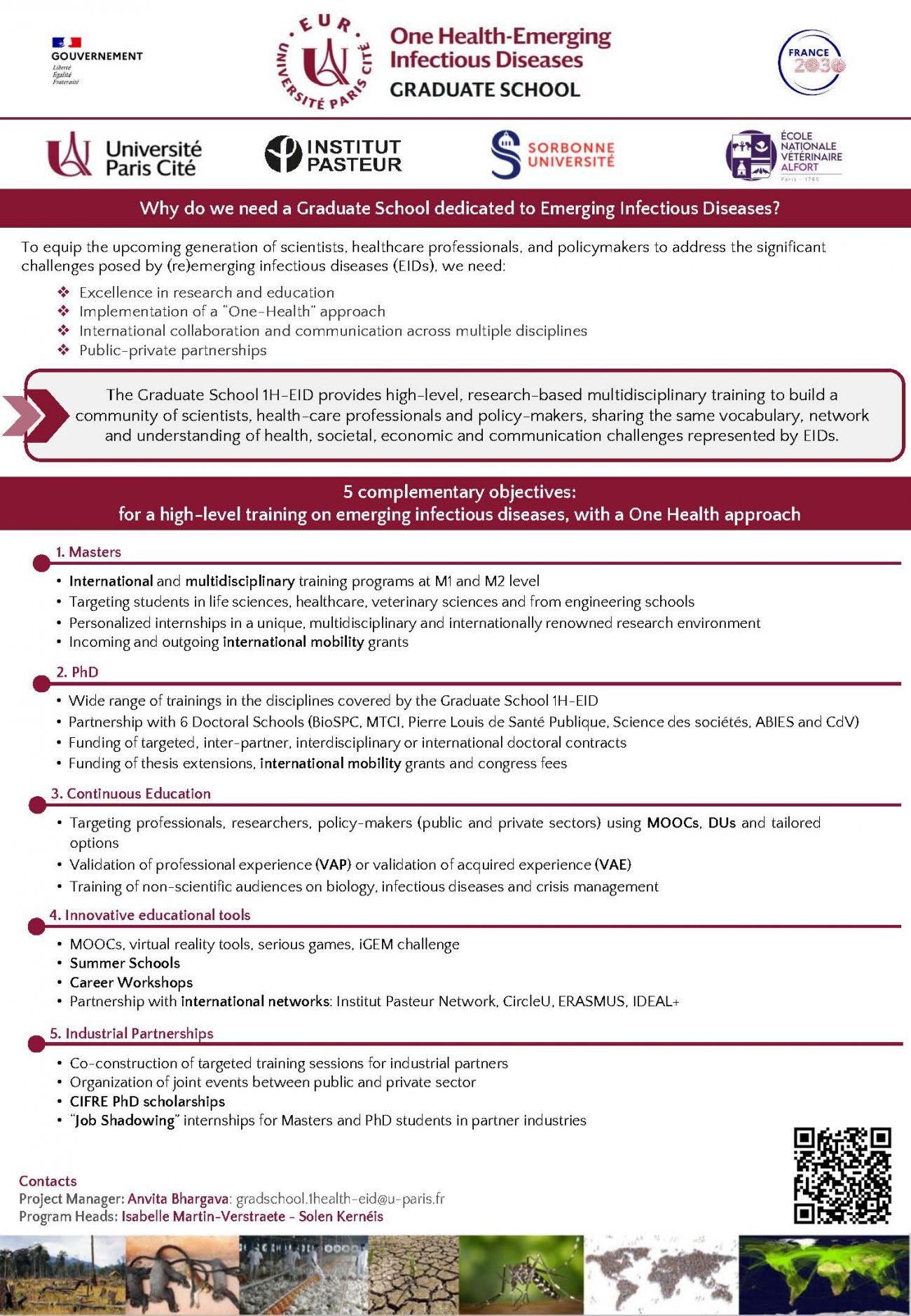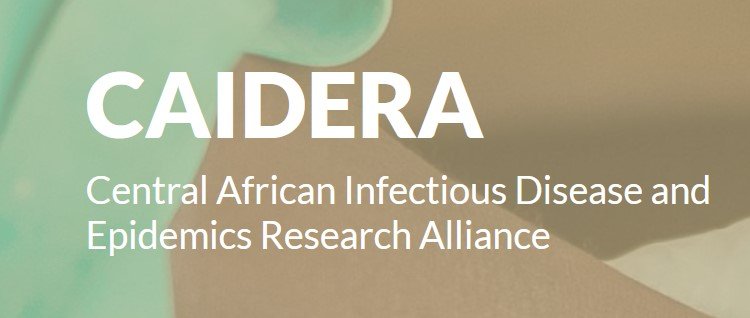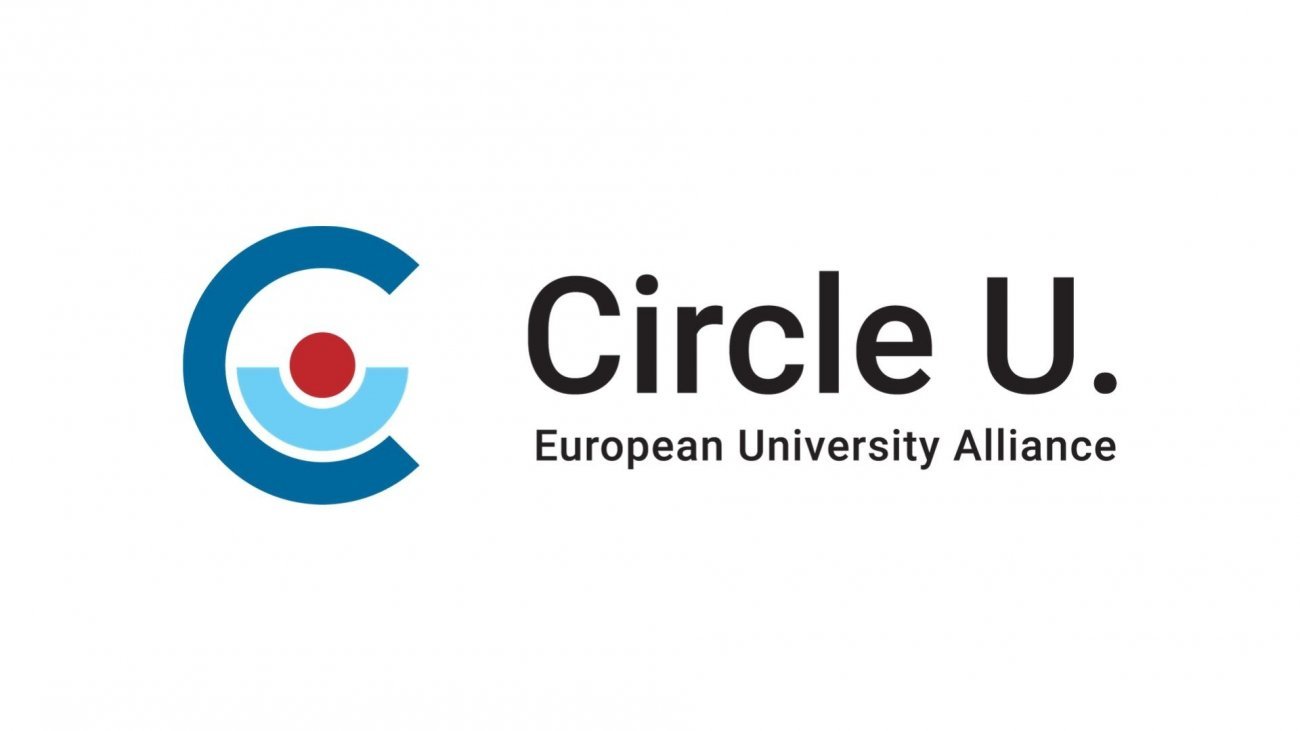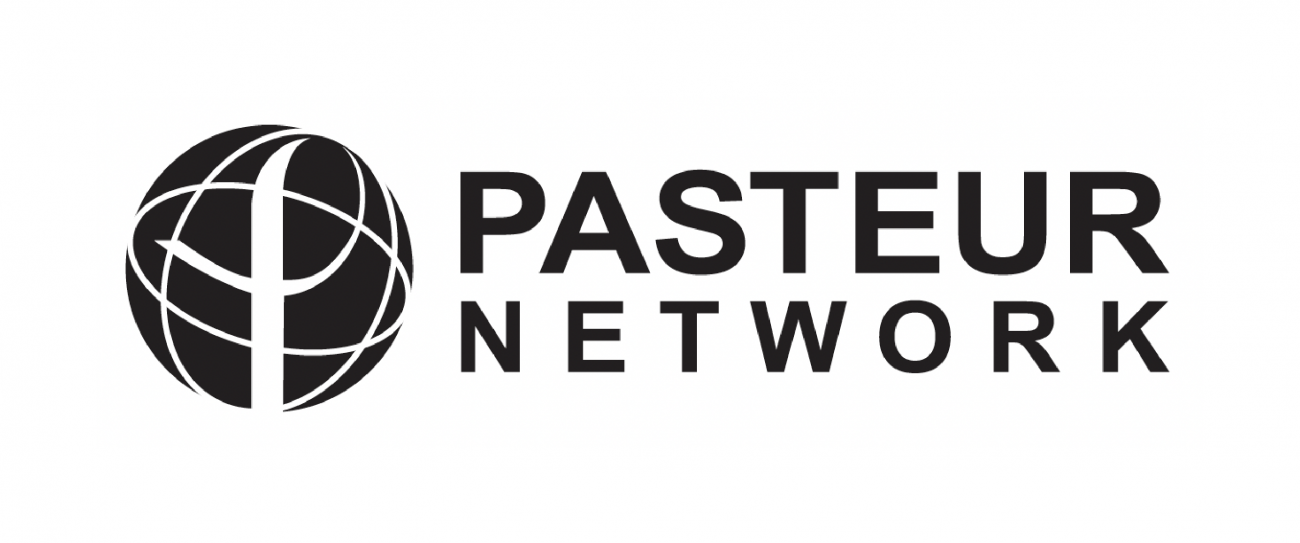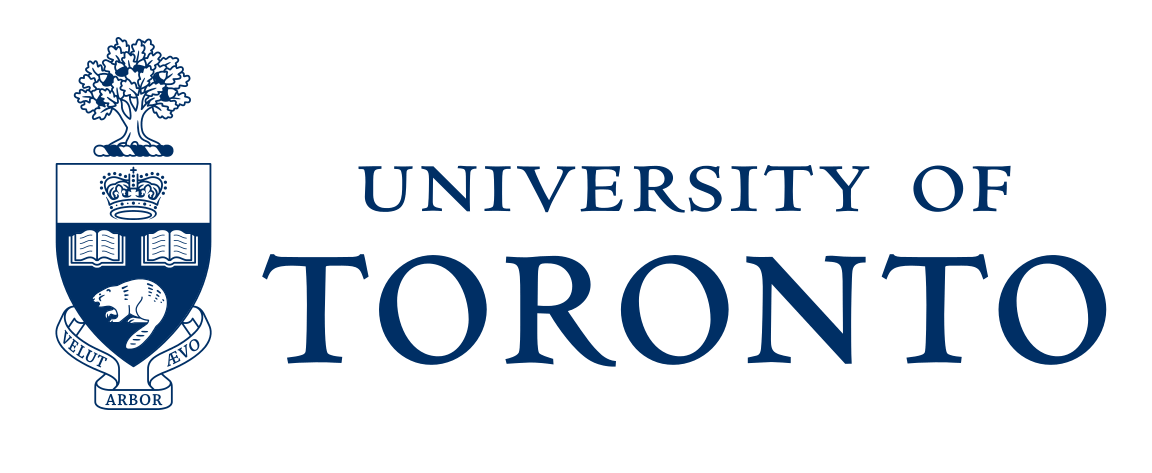 |
 |
 |
 |
 |
 |
Early warning and preparedness for outbreaks of emerging infectious diseases (EIDs) are essential to reactively implement effective measures to reduce their impact. Excellent training in the field of (re)emerging pathogens is therefore essential to meet the major challenges that future generations will face in a globalized world. We propose here a new University Research School entirely dedicated to emerging EIDs and offering a multidisciplinary approach in global health. This Graduate School “One Health in emerging infectious diseases” (1H-EID) offers a high-level, research-based educational program to train future researchers, health professionals and decision-makers. Students will come from a variety of backgrounds: medicine, pharmacy, science, engineering or veterinary schools. These transdisciplinary programs, combining biology of emerging pathogens, epidemiology, veterinary sciences, evolutionary biology and socio-anthropology will combine existing courses and others specifically created for the Graduate School.

Master
This EUR provides education paths in Master 1 and Master 2 within the Master Molecular and Cellular Biology (BMC). Mobility grants to welcome international students and grants to carry out internships abroad are offered for students.
In Master 1, the Emerging Infectious Diseases (EID) education path – in addition to existing courses in molecular biology, cell biology, bioinformatics, virology and microbiology – new courses in computational biology, ecology and “One Health”. Internships in emerging infectious diseases are offered in the laboratories associated with the Graduate School. For healthcare students, Initiation to Research paths (PIR) in the field of infectiology or public health will be offered.
In the Master 2 Molecular and Cellular Biology, Emerging Infectious Diseases (EID) path, students attend a common module “One Health, an interdisciplinary approach” then have the choice between two “majors”: biology of emerging pathogens or epidemiology and biostatistics. They complete their course, either with the other “major”, or with one of the three “minors” offered – Human-Animal-Environment Interface, Evolutionary Dynamics or Human and Social Sciences – and with complementary modules of their choice (“From the Field”, innovation, vaccines, monoclonal antibodies, ecology, circulation of infectious agents and risk management, antibiotic resistance, infection modelling, surveillance or global health, etc.).
It’s worth noting that three Master 2 course units are part of the specialized Master’s program at the Pasteur-Cnam-EHESP School of Public Health:
- Creation and management of databases

- Introductory course in the R software

- Modeling of infectious diseases

Personalized Master 2 internships strongly encouraging multidisciplinarity – two internships, interface project, internship and tutored project – will be based on the diversity of the laboratories of excellence affiliated with the Graduate School, offering a unique environment to combine fundamental research and translational in: virology, microbiology, epidemiology and modeling, social sciences.
Doctorate degree
For the doctoral path, the Graduate School offers a wide range of courses in the disciplines covered by the Graduate School as a Doctoral School (ED) module (see https://u-paris.fr/one-health-emerging-infectious -diseases/).
The Graduate School One Health-Emerging Infectious Diseases will offer a doctoral program offering opportunities for thesis scholarships, supplementary PhD fundings, short-term funding for international mobility grants or for congresses.
Moreover, the Institut Pasteur is launching an international doctoral program (PPU-EID) under the auspices of the One Health Emerging Infectious Diseases Graduate School. For all details on the PPU-EID, please click here.
The five doctoral schools (ED) associated with the One Health-Emerging Infectious Diseases Graduate School are:
1) BioSPC – Bio Sorbonne Paris Cité, département Infectiologie-Microbiologie (ED 562),
2) MTCI – Médicament Toxicologie, Chimie et Imagerie (ED 563)
3) Pierre Louis de Santé Publique (ED 393)
4) Science des Sociétés (ED 624)
5) ABIES – Agriculture, Alimentation, Biologie, Environnement, et Santé
6) CdV - Compléxité du vivant (ED 515)
Some Pasteur Courses and Pasteur MOOCs are eligible as a Doctoral School module of the Graduate School 1H-EID (see https://u-paris.fr/one-health-emerging-infectious-diseases/)
Research
The M2 internship and the doctoral thesis will strongly encourage multidisciplinarity, relying on the very rich diversity of laboratories of excellence affiliated with the Graduate School, offering a unique environment to combine basic and translational research in virology, microbiology, epidemiology and modeling, social sciences.
Depending on the student's background and constraints, the practical internship will consist of either a 5-month internship (in their “major)” and a tutored project (“minor”), or a 5-month internship (“major”) and short internship (“minor”). More innovative courses with an interface research project between two laboratories, or a collaboration between two students working together on cross-cutting issues will be proposed. This strategy will train students in transdisciplinary research and collaborations with researchers from diverse backgrounds, from the first years of their academic training (seehttps://u-paris.fr/one-health-emerging-infectious -diseases/).
Concerned Departments of the Institut Pasteur
- Cell Biology and Infection
- Genomes and genetics
- Global Health
- Immunology
- Microbiology
- Mycology
- Parasites and Insect Vectors
- Structural Biology and Chemistry
- Virology
All Pasteur Research Departments
Continuing Education
In terms of continuing education, the Graduate School offers a validation of professional achievements (VAP) or a validation of acquired experience (VAE) both at Master's and Doctorate level, and University Diplomas (DU) and MOOCs. UPCité and IP DUs cover extremely broad fields in the field of omics, bioinformatics, microbiology, virology, etc. and more specifically on EIDs (modeling of infectious diseases, clinical trials in infectious diseases, insect vectors and transmission of pathogens, etc.).
Collaborative Networks
If you are affiliated with the Graduate School, you have access to numerous opportunities within the following networks:
For more information
The One Health-Emerging Infectious Diseases Graduate School is coordinated by:
Faculty of Sciences, UPCité
Isabelle MARTIN-VERSTRAETE
Faculty of Health, UPCité
Solen KERNÉIS
Project Manager
Nicole BERTOLA
Instructional Designer
For any contact concerning the Graduate School at the Institut Pasteur:
Education Department
Insect-Virus Interactions Unit
Master's program Contacts
For any contact concerning the Master's program "Emerging Infectious Diseases of the Master's Molecular and Cellular Biology":



